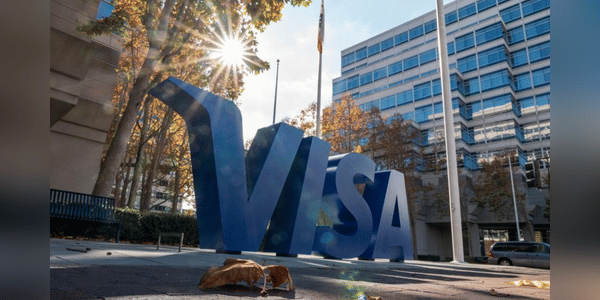The US Department of Justice sued Visa for alleged monopolistic practices in the debit card market. This lawsuit represents another step in the government's fight against unfair business practices by the giants in the payments industry. Visa is accused of using its dominant position to stifle competition and artificially raise prices for consumers.

The U.S. Department of Justice on Tuesday filed a lawsuit against Visa $V accusing it of illegally monopolizing the debit card market. According to the lawsuit, Visa abused its dominant position for more than a decade to force businesses to use its network exclusively, while blocking new competitors from entering the market.
"Visa has illegally amassed power that allows it to charge fees far in excess of what it could charge in a competitive environment," said Attorney General Merrick Garland. These increased costs are then passed on to consumers in the form of higher prices or reduced quality and service. According to the lawsuit, such…
https://www.nintendoforums.com/threads/unlock-exciting-opportunities-with-free-psn-codes-how-to-get-free-psn-gift-cards.56543/
https://www.strava.com/athletes/147654088/posts/32519219
https://www.strava.com/athletes/147654088/posts/32519263
https://www.strava.com/athletes/147654088/posts/32519343
https://www.strava.com/athletes/146337668/posts/32335592
https://x.com/KarimAtal31194/status/1832541037421810101
https://www.linkedin.com/pulse/wow-free-psn-gift-card-codes-how-get-codes-giftcardcodeus-xkhze/
https://www.linkedin.com/pulse/unlocking-your-free-psn-codes-get-100-gift-card-codes-2024update-ppqlc/?trackingId=V%2B2Kk%2Fa8Lsyx6BQ1udB1Fw%3D%3D